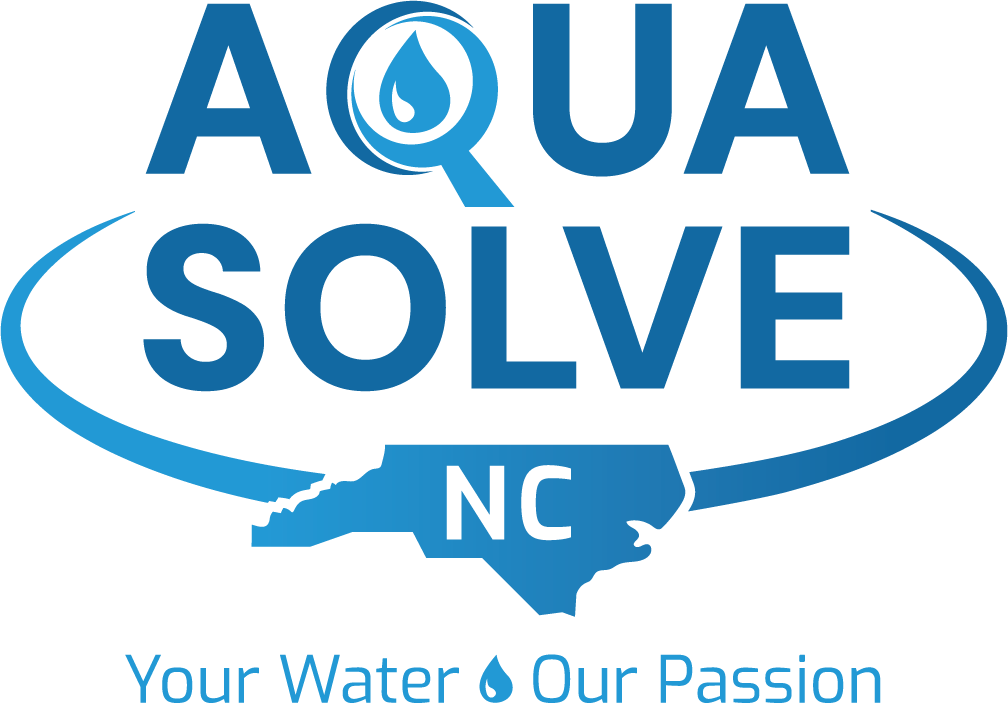FAQ
FAQ
Calcium and magnesium in the water supply combined with soap form a gray, sticky curd that adheres to bathtubs, tile, and glass. Additionally when water droplets evaporate the calcium carbonate recombines as limestone leaving a very hard, difficult-to-reduce deposit. The softening of the water coming into your house will solve this problem.
When calcium and magnesium in the water are mixed with soap a gray sticky curd is formed that adheres to clothing. This is the source of the gray color. There are numerous chemicals that can be used to control this problem, but they shorten the life of the fabric. By softening your water, not only will you eliminate this problem, you can substantially reduce the use of laundry detergent and increase the life of your clothes.
If you have municipal water coming to your home in the Research Triangle area, the primary cause is the presence of Chloramines. While the municipal waters locally do meet safe drinking water standards, they can regularly taste bad. This can easily be solved with a quality drinking water system installed underneath the kitchen sink or on the main water line going into the house. The degree of hardness standard as established by the American Society of Agricultural Engineers (S-339) and the Water Quality Association is:

What can you expect if you contact Aqua Solve NC? Glad you asked!
Step 1 - Chat with our friendly team
The first step to getting better water is to hop on a call with our friendly office staff so we can learn more about your needs. Simply call at (919) 858-2819 or fill out the contact form on this page. This information will help us prepare for the upcoming visit and ensure we bring the necessary equipment for testing and inspection.
Step 2: On-Site Water Testing & Plumbing Inspection
On the scheduled day, our experienced water treatment specialists will arrive at your home for the free water testing and plumbing inspection. We'll collect and analyze a sample of the water onsite and test for hard water minerals, total dissolved solids, chlorine, pH, and iron. Our team will then inspect your plumbing system to assess its condition and identify any potential issues that might affect the performance of the water treatment equipment.
Step 3: Personalized Water Treatment Recommendation and Installation Plan
After completing the water testing and plumbing inspection, we will analyze the gathered data to design a tailored water treatment solution for your specific needs. There is zero obligation to purchase from us, though we hope to earn your business, and we will be respectful of your time and consideration. If we do earn your business, we'll set an installation date that's convenient for you.
FILL OUT THE FORM BELOW OR CALL (919) 858-2819 FOR MORE INFORMATION & A FREE QUOTE!
